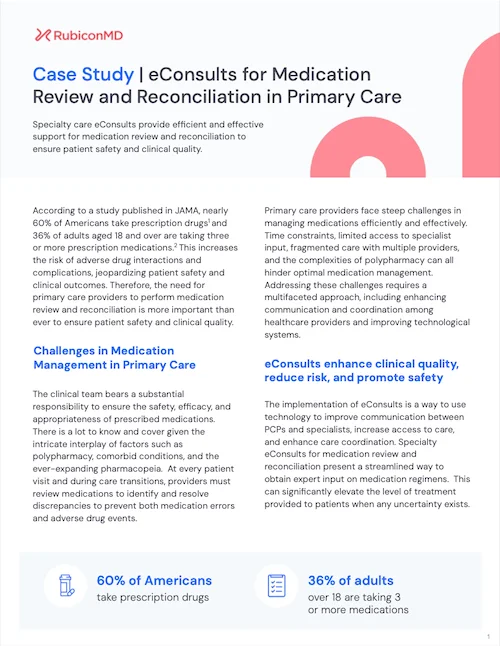eConsult Transcript
PCP submission
Patient is a 76 year old male with Cartoid artery disease history of intracraial hemorrage, afib, cad, CHF with AICD placed in 2007, CKD stage IIIA, and GERD. Patient is a former smoker and is oxygen dependent. Patient in February 2021 was seen of office after hospital evaluation for fall and traumatic intracial heorrhge with periorbital hemorrage invovolving the left sylvian fissure posterior. Patient was seen at home and evaluated . Patient has in past had altered mental status, anorexia and poor po intake. He has an echo with EF of 22 % with grade III diastolic dysfunction. Patient has Chest xray with chronic interstitial opacities. Patient has been admitted to the hospital over 4 times since October 20202. Once for Tia, another for Pneumonia.
Patient has mutliple medications which include digoxin, eliquis, carvedilol, Has chronic use of Alprazolam for insomia, takes furosemide and pantroprzole and albuterol and carvediolol, which places patient a risk for drug interactions.
- Due patient’s chronic illness and multiple comorbid conditions which would be safe in terms of medication management for patient and avoiding complications for further risk for falls.
- Cardiology evaluation patient on zetia.
Nutritional status how is that evaluated in this patient and best medication regimen to avoid policy pharmacy.
Do we need to assess activities of daily living in this patient and any psychsocial stressors have an impact on outcomes for this patient?
Patient has multiple conditions what assessments should be first and foremost for this type of patient and to prevent readmission in this patient?
How can we optimally manage a post-hospital discharge visit with this patient to review all aspects of care and have a comprehesive patient-centric view of how to manage barriers and address patient’s concerns to improve compliance? Is it important to indicate functional status in our overall assessment and involvement of caregivers in patient’s care if he has anxiety and or memory impairment? Would we identify this patient as frail?
Specialist response
Great question, difficult case. Here are some recommendations from a pharmacy perspective: 1. Eliquis is justified for AFib even in many patients who are at high fall risk. I did note the dose was listed as 5mg QDAY, and it should 100% be 5mg BID unless both of the following are true: — weight less than 60kg — AND SCr > 1.5 2. Digoxin is listed in your consult but it is not on the med list in the note, would recommend ensuring the med list is up to date. Also risk of digoxin induced bradycardia increases with hypokalemia, so try to draw BMP at least q3mo if possible given homebound status 3. furosemide and potassium and carvedilol all make sense for CHF. Getting the pt on a regular regimen of checking daily BP and weights can help to detect decompensations early. 4. don’t sweat the ‘antiplatelet effects’ of PPI. After running anticoag clinics for a decade, I have never seen this actually be problematic. 5. Simple interventions like pill boxes which are filled weekly can be massively helpful for patients with memory difficulty. I sincerely hope that these contributions are helpful in this difficult case. One last thing with the BZD, check out the BZD deprescribing algorithm here for help: https://deprescribing.org/resources/deprescribing-guidelines-algorithms/
